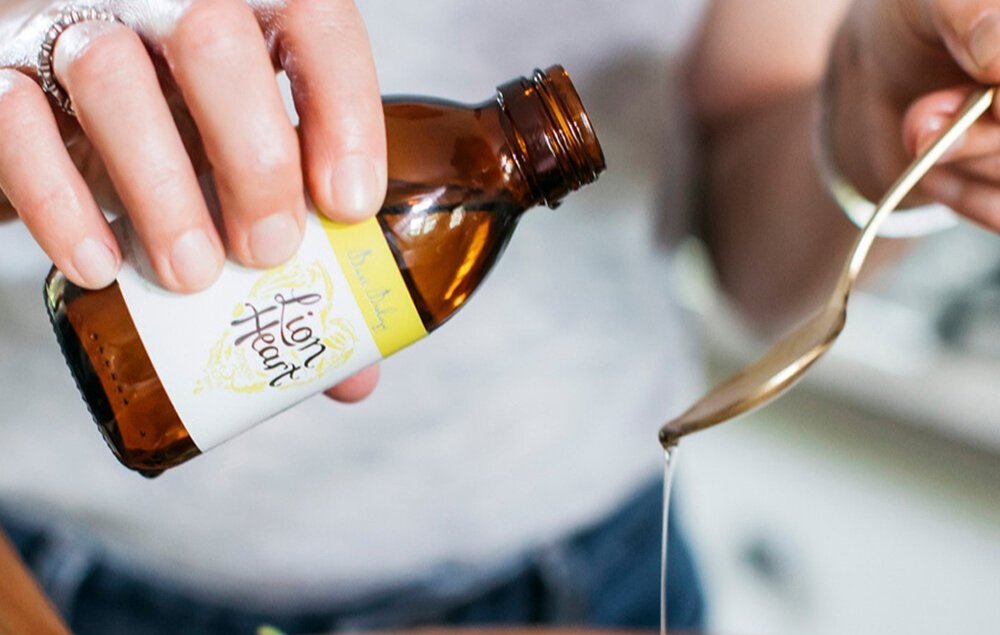Menopause
When does menopause happen?
It’s difficult to predict when a woman will go through natural menopause. Clinically speaking, a woman has gone through menopause twelve months since the date of her last period. ‘Menopause’ is retrospective in marking an event in the past. The average age is 51 but there are cultural differences when women experience the menopause. Women of colour may experience this on average, 2-3 years earlier. You may go through menopause much sooner or later than this.
Why does menopause happen?
Menopause happens to every woman when their predetermined number of ovarian follicles are finally exhausted. As a result, oestrogen and progesterone hormone levels fall, periods become erratic and eventually stop!
How long does menopause last?
You will be in menopause for one day only – the day on which it has been twelve months since your last period. After that day, you will be in post-menopause. However, the build-up to menopause, perimenopause, can start years before periods stop.
What are the signs of menopause/How do I know if I am in menopause?
A change in periods, possibly hot flushes, disrupted sleep, increasing anxiety and memory problems are just some of the physical and mental health symptoms experienced by many women as hormones start to duck and dive.
The scope and severity of symptoms vary - some women will sail through menopause with no obvious symptoms, many will have mild symptoms but one in four will have symptoms that impact greatly on their daily life.
How to deal with menopause?
Menopause doesn’t have the best reputation, with most of us being in denial that it’ll happen - we need to flip this - be prepared and get informed about the menopause in advance, pre-loading self-care if we’re pre-menopausal.
If you think you’re perimenopausal or maybe post-menopausal, identify your symptoms and then find out what can help and what can hinder.
Are your symptoms physical, emotional or affecting you at work and in your relationships? Has your libido nose-dived? Is sex painful?
Menopause support in the workplace?
Use resources such as ours. Find out what support is in place in your organisation. What do you think would help you in your job and setting? Talk to your line manager, or identify someone in your workplace who can listen, signpost and help you access any support you may (or may not) need. Talk to your partner, and share what you’re going through with them.
Do you need support around menopause in your workplace?
What are the health risks of menopause?
Menopause can bring increased risks to health, including for women who haven’t experienced obvious symptoms. Hearts and bones may be at increased risk of disease and the pelvic floor weakens without the essential oestrogen.
Healthy lifestyle, movement & exercise and attending health screenings play a key role in post-menopause health.
Is menopause really that bad?
With the negative messaging, secrecy, ageist attitudes and scaremongering around menopause it’s not surprising that menopause could be seen as something to fear. Yes, at times and for some of us it can bring challenging symptoms, and possibly sadness that fertility has ended. For others, loss of fertility can be a welcome relief from the hassle of birth control, tampons and towels.
Another flip - it’s time to reclaim and change the negative narrative around menopause. Menopause really can be the start of a liberating, empowering stage filled with post-menopausal zest, the hopes and fears around fertility, freed from the control of hormones, so we’re ready to live life for yourself in the long years we have in the post-room.




























